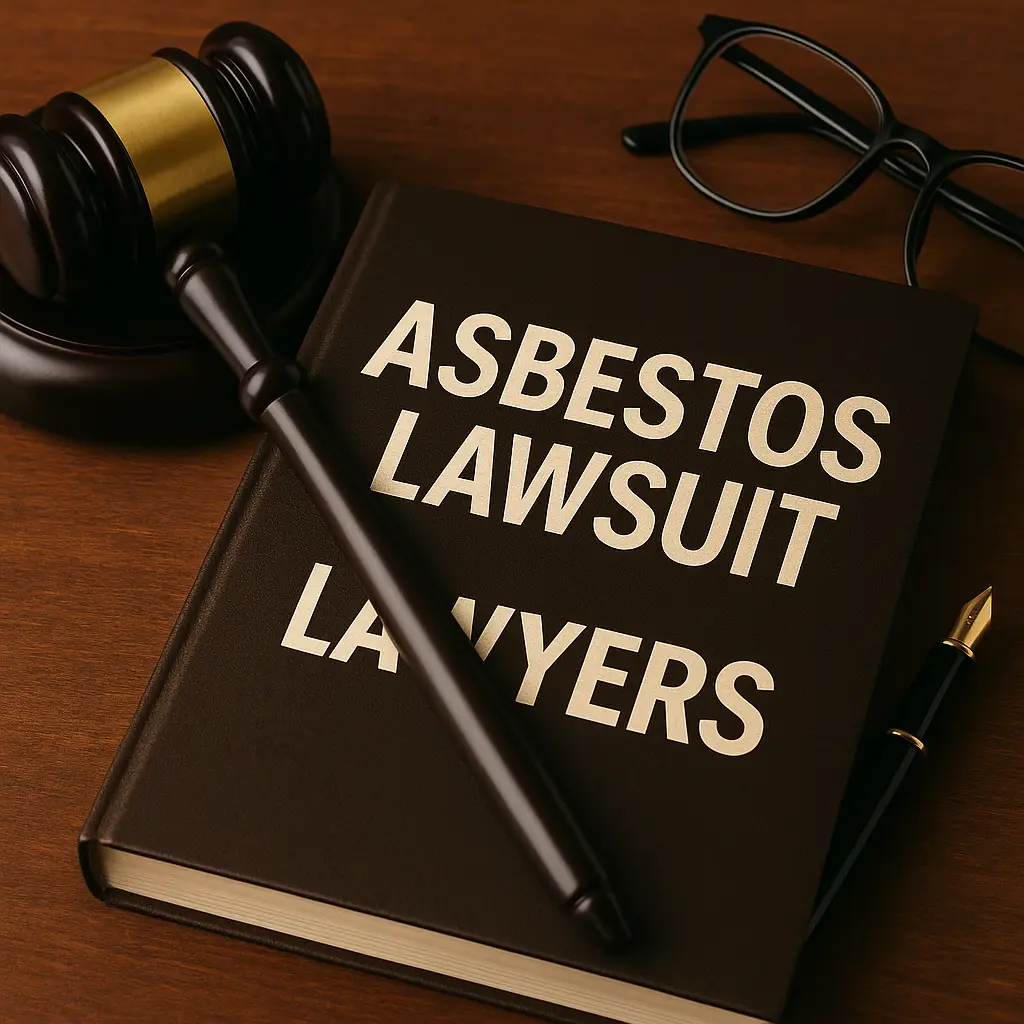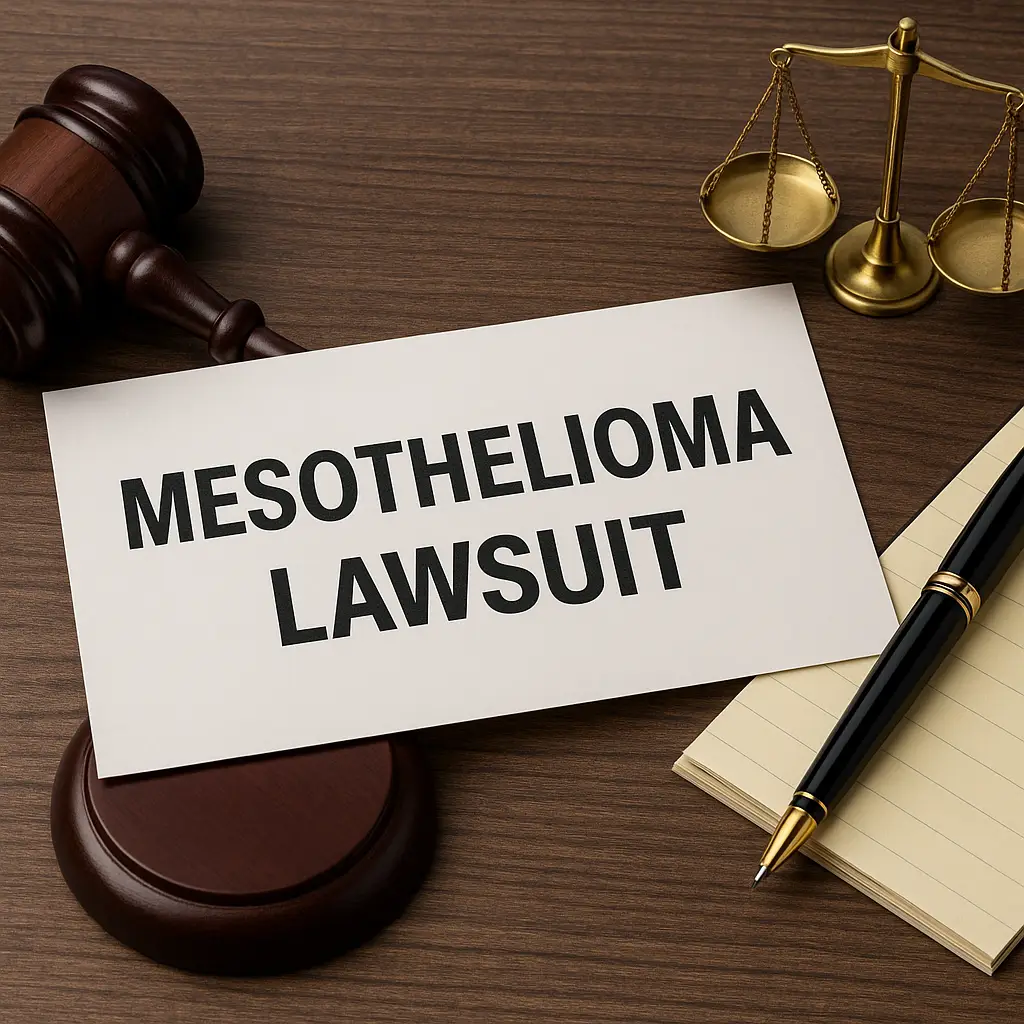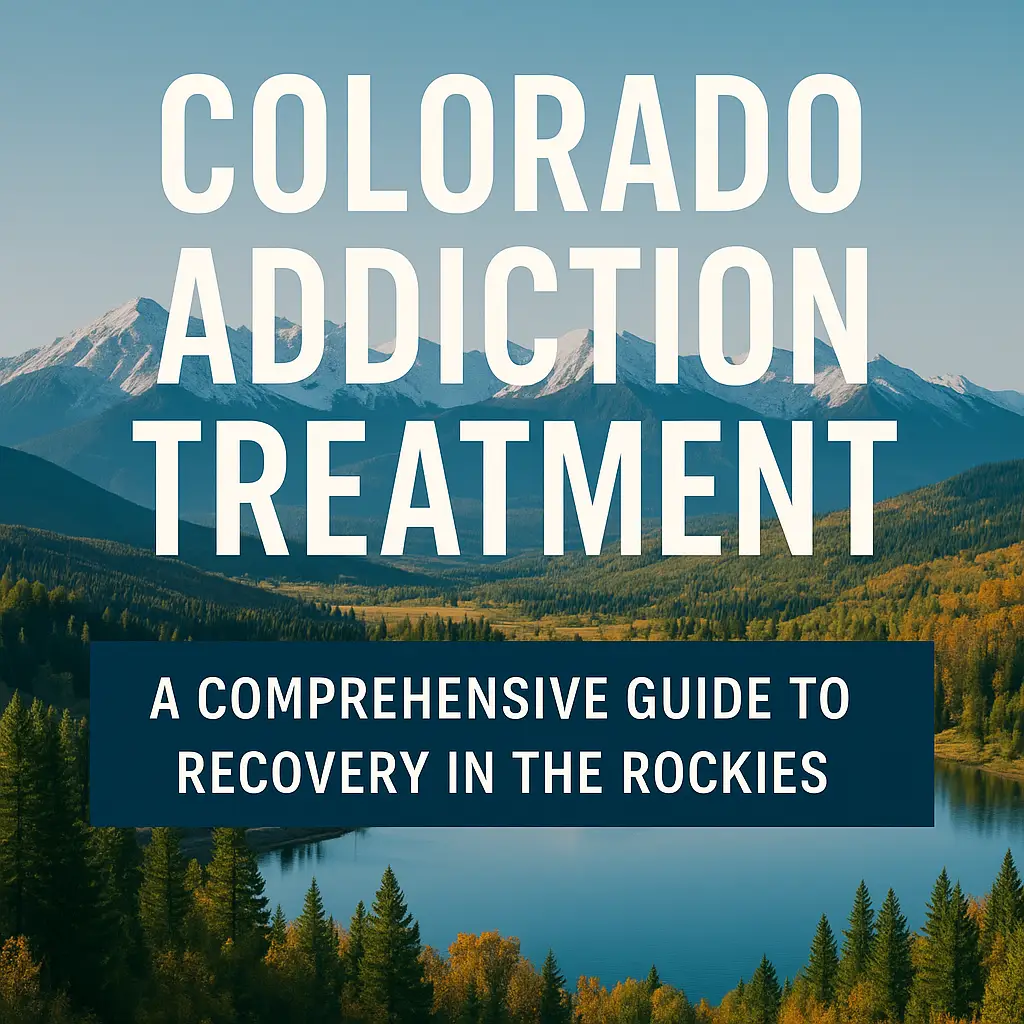Why You Need a Lawyer for Personal Injury Claims: A Complete Guide
Why You Need a Lawyer for Personal Injury Claims: A Complete Guide
Accidents are accidents and nobody expects them. Whether you’ve suffered a car wreck, slip or trip and fall, work accident or practically anything else 99 people out of 100 wouldn’t believe could actually happen, there are hundreds of ways personal injuries can affect your life adversely — physically, emotionally, and financially. When you are in such a situation, then hiring a personal injury lawyer would be one of the best options.
In this piece, we will break down what a personal injury lawyer does, when you should hire one and how they help to ensure you receive the maximum compensation.
What Does A Personal Injury Lawyer Do?
The personal injury attorney An attorney that handles cases relating to a tort, such as an accident, must be a personal injury lawyer. They assist their clients in recovering compensation for damages (including, but not necessarily limited to, medical expenses, lost wages, pain and suffering, and like damages) arising from their clients’ accidents and injuries.
It’s that tort law that those lawyers are experts in, which is the area of civil law dealing with suits for wrongs or injuries.
Most Common Personal Injury Cases
Redding, California Personal Injury Lawyers Personal injury is really an umbrella term covering a multitude of different types of accidents. Here are the types of personal injury claims you most often see:
- Car Accidents
- Motorcycle Accidents
- Truck Accidents
- Slip and Fall Injuries
- Workplace Accidents
- Medical Malpractice
- Dog Bites
- Wrongful Death
These are all unique appeals with their own set of facts and laws. An experienced personal injury attorney will be sure to handle your unique case in the proper manner.

Why Hire a Lawyer for Personal Injury?
Do I Need an Attorney for Personal Injury?
You may be lifting your head from a hospital bed and asking yourself whether it’s worth hiring a lawyer after an injury — especially given the insurance company’s willingness to work with you. As a matter of fact, it can mean everything to have a lawyer represent you. Here’s why:
They Understand the Law
The law of personal injury is nuanced and is contingent on state law. A seasoned attorney will know statutes of limitations, liability rules, comparative negligence, and damage caps. They’ll make sure your case is filed correctly and within the statute of limitations.
They Deal With The Insurance Companies
Insurance adjusters are trained to pay out as little as possible. A personal injury attorney works as your advocate, dealing with the insurance companies on your behalf. They understand the strategies insurance companies employ — and how to best them.
They Gather Strong Evidence
You need good evidence if you have an injury. Your attorney could sum up medical records, obtain witness statements, accident reports, and all work with experts to make your case as strong as possible.
They Know the True Worth of Your Claim
One of the most common errors that injury victims commit is undervaluing their claim. A personal injury lawyer will asses economic and non-economic damages, and make sure that you are properly compensated for all aspects of your injury, such as future costs.
They Can Be Tried If Needed
Most personal injury lawsuits settle at some point, but occasionally a trial is required. If the negotiations do not work and you end up having to have a trial, your attorney will already have a strong sense of how to best position your case for the judge or jury.
| Read more… Los Angeles Motorcycle Accident Lawyer Fees—What You Should Know Before Hiring. |
When Do I Need to Call a Personal Injury Attorney?
The sooner after your injury you get in touch with an attorney the better. Somebody taking your calls and letters and giving you a good sense of the law you are confronting while preserving evidence will be of great help, even if you ultimately do not choose to hire that attorney for the case.
- Get in touch with a personal injury attorney if:
- You incurred severe or permanent injuries
- The cause of the incident has not been established or contested
- Your insurance claim was denied
- More than one party is at fault (example: multi-car crash)\
- You doubt the strength of your case
How Do I Select the Best Personal Injury Lawyer
All lawyers aren’t cut from the same cloth. Your pick of lawyers can either win or lose your case. Here are a few tips:
- Look for Experience
Hire a personal injury lawyer who has a good track record of successfully defending similar cases against insurance companies. - Check Reviews and Ratings
Online reviews, testimonials, and ratings on sites such as Avvo, Google, and Martindale-Hubbell can provide insight into a lawyer’s reputation. - Ask About Fees
Compensation lawyers usually operate on a no win, no fee basis. Make sure to ask what the fee schedule is upon your initial consultation. - Assess Communication Style
Select an attorney who listens to you, is clear in explaining things and keeps you updated throughout the process.
What to Anticipate in the Legal Process
Here is a quick rundown of the personal injury claim process:
- First Consultation – You will meet the lawyer to discuss your case.
- Investigation – Evidence is collected and your case is established by your attorney.
- If a settlement is not reached then a Demand letter is typically sent to the at-fault party (or the insurance company).
- Negotiation – Your attorney haggles for a just settlement.
- Lawsuit (if appropriate) – If you and the other driver can’t settle your claims, your case may simply be resolved in court.
- Finalization – The case is finalized by an agreement between the parties or a court decision.
Answers to Your Common Personal Injury Lawyer Questions
- Q: What does it cost to hire a personal injury attorney?
A: Most operate on a contingency fee, which is typically 33-40% of your settlement or award. No win, no fee. - Q: How long does it take for a personal injury case to settle?
A: It varies. Some cases are resolved in a few months; others, especially those that go to trial, can drag on for more than a year. - Q: What if I was partly to blame? Can I still make a claim?
A: Yes, in a number of states where so-called comparative negligence laws are in effect, you can still recoup damages even if you are partly to blame — though your own award may be reduced.
Final Thoughts
The personal injury lawyer is more than just a legal advisor, of course—they’re a confidant to you during one of the most stressful times of your life. Whether it be guiding you through difficult legal processes or fighting to receive the compensation that you deserve, a personal injury attorney will be there to protect your rights until the end.
If you or a family member has been hurt by another person’s negligence, you don’t have to face it on your own. Contact an experienced personal injury attorney today and get the justice and compensation that you deserve
[ This article is for informational purposes only and does not constitute legal or medical advice. ]



